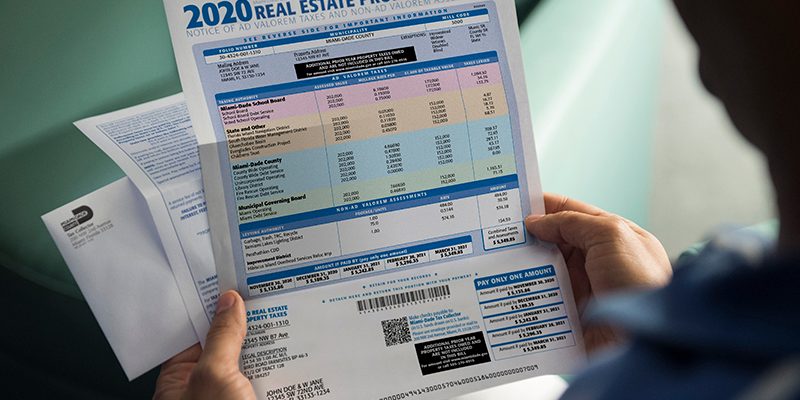
Tax time is quickly approaching and you may be wondering what happens if you can’t afford to pay your bill. The good news is that there are a few things you can do to make sure you’re paying the right amount and avoid more serious consequences.
If you owe money to the IRS and are unable to pay your tax bill, there are a few options available to you. The first is to set up an installment plan with the IRS. This allows you to make smaller payments over time until the debt is paid off. The second option is to request a short-term extension, which gives you additional time to come up with the money. Finally, if neither of these options is feasible, you can negotiate a settlement with the IRS. This involves paying a reduced amount of what you owe in exchange for a payment plan or waiver of penalties and interest.
What Happens If You Can’t Pay Your Tax Bill?
If you cannot pay your tax bill, the IRS has a few options. They can work with you to establish a payment plan, they can seize your assets, or can file a notice of federal tax lien.
The first option is to establish a payment plan with the IRS. You will need to contact them and explain your financial situation. The IRS will then work with you to come up with a plan that works for both parties. This may include setting up a direct debit from your bank account or using a credit card.
The second option is for the IRS to seize your assets. This includes things like your home, car, boat, and any other property you own. The IRS will auction off these items and use the money to pay off your tax debt.
The third option is for the IRS to file a notice of federal tax lien. This is a legal claim against your property and allows the IRS to collect taxes from the sale of your property in the future.
How to Afford Your Tax Bill
If you find yourself unable to pay your tax bill, don’t panic. There are a few options available to you.
One option is to set up an installment plan with the IRS. You can do this by filling out Form 9465 and attaching it to your return. The IRS will then set up a payment plan with you based on your ability to pay.
Another option is to request a hardship extension. This will give you more time to pay off your debt, but interest and penalties will still accrue. To request a hardship extension, you’ll need to fill out Form 1127 and submit it along with your return.
If neither of these options is feasible for you, you may be able to negotiate a settlement with the IRS. This usually involves paying less than what you owe, but it’s important to get professional help before attempting this on your own.
Whatever route you decide to take, it’s important to act quickly. The sooner you take care of your tax bill, the less interest and penalties you’ll have to pay.
Alternatives to Paying Your Tax Bill
There are a few alternatives to paying the tax bill that you can explore. If you cannot pay your tax bill in full, you can request an installment plan from the IRS. You will be required to pay a setup fee and interest on the unpaid balance, but this can help make the bill more manageable. Another option is to request an offer in compromise from the IRS, which would settle your tax debt for less than what is owed. This is a difficult process and is often not accepted, but it is worth exploring if you cannot pay your tax bill in full. Finally, you can also consider filing for bankruptcy, though this should only be done as a last resort.
Conclusion
If you can’t pay your tax bill, the first thing you should do is contact the IRS and explain your situation. They may be able to work with you to set up a payment plan or give you other options. If you don’t contact them, they may start taking steps to collect the money from you, which could include garnishing your wages or putting a lien on your property. So it’s always best to reach the currently not collectible out as soon as possible if you’re having trouble paying your taxes.






